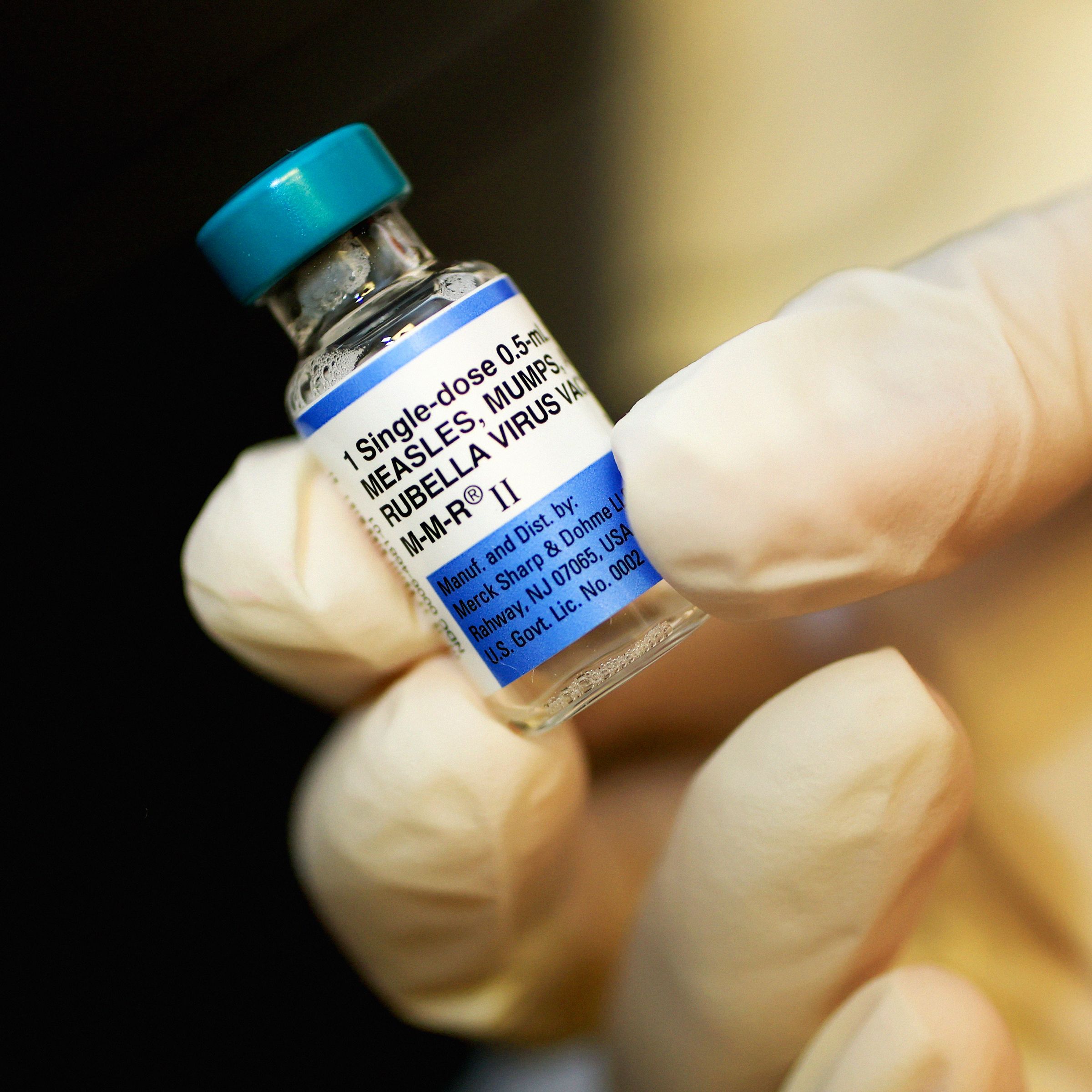Vaccine Panel Stacked by RFK Jr. Recommends Delaying MMRV Immunization
In a controversial move, a vaccine panel chaired by Robert F. Kennedy Jr. has recommended delaying the administration of the MMRV (Measles, Mumps, Rubella, and Varicella) vaccine. The panel, consisting of individuals known for their anti-vaccine beliefs, cited concerns about potential side effects and the safety of the vaccine.
This recommendation goes against established medical guidelines, which recommend administering the MMRV vaccine to children at specific ages to provide optimal protection against these infectious diseases. Delaying the vaccine could leave children vulnerable to serious complications from these diseases.
RFK Jr., a well-known anti-vaccine activist, has long been a vocal critic of vaccination practices and has been known to spread misinformation about vaccines. His involvement in the vaccine panel has raised concerns among health experts, who fear that this recommendation could lead to a decrease in vaccination rates and outbreaks of preventable diseases.
It is crucial for parents to consult with their healthcare providers and follow the recommended vaccination schedule to protect their children and the community from vaccine-preventable diseases. Delaying or refusing vaccines based on misinformation can have serious consequences for public health.
Health authorities and medical professionals continue to emphasize the safety and effectiveness of vaccines in preventing infectious diseases. It is essential to rely on evidence-based information and expert recommendations when making decisions about vaccination.
Despite the controversial recommendation from the vaccine panel chaired by RFK Jr., the majority of healthcare providers and organizations stand by the established guidelines for immunization. Vaccines have been instrumental in reducing the incidence of deadly diseases and saving countless lives.
It is important to stay informed about vaccination practices and to trust in the scientific consensus on the safety and efficacy of vaccines. Delaying or avoiding vaccines based on unfounded fears can put individuals at risk and jeopardize public health.
